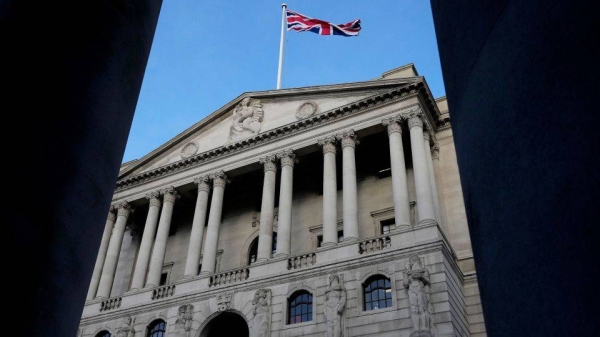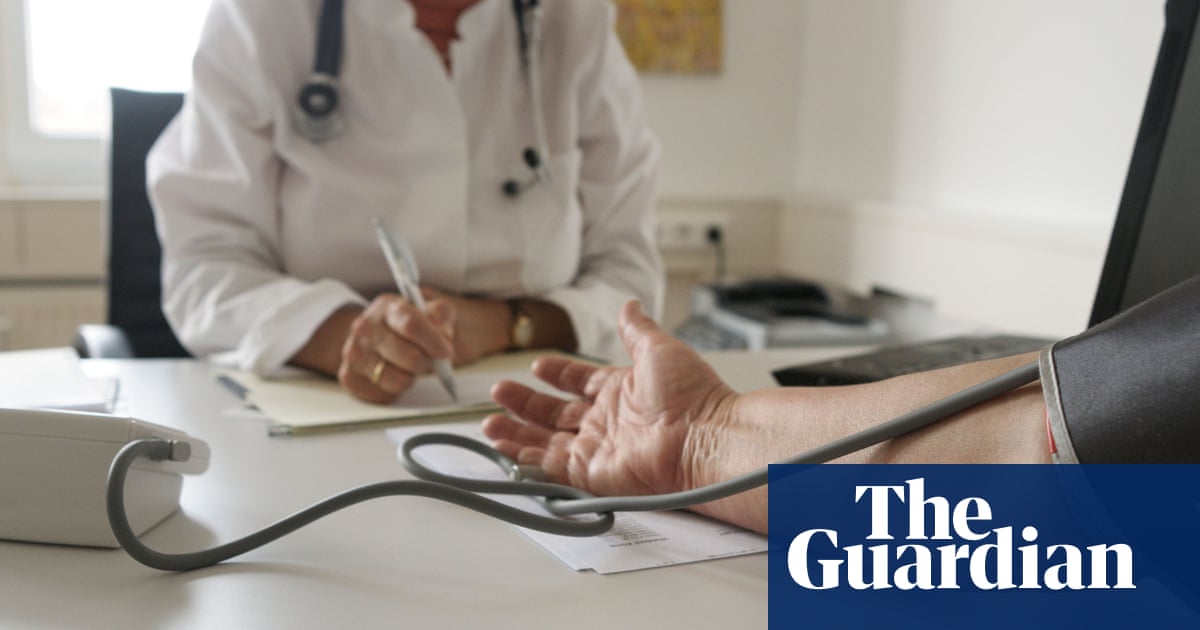
The number of people waiting more than a year for an operation has reached its highest level since 2008, new NHS figures show.
In September, 139,545 patients in England had been waiting more than 12 months for surgery such as a hip and knee replacements or cataract removals. Under the NHS constitution everyone needing non-urgent treatment should get it within 18 weeks.
The number of people forced to wait for more than 12 months has risen by a multiple of 107 in just a year, from 1,305 in September 2019.
The mounting delays reflect the widespread suspension of much normal NHS care, including planned surgery, that began when the lockdown started on 23 March.
Those affected by the year-long hold-ups were due to have surgery before the pandemic struck but saw their procedure postponed as hospitals prioritised care for Covid cases.
“Today’s figures really bring home the impact of Covid on other NHS services. Thousands of patients who were already waiting for surgery when Covid struck, have paid a heavy price. It is tragic to see so many lives put on hold,” said Prof Neil Mortensen, the president of the Royal College of Surgeons of England.
“Each statistic represents someone waiting patiently, potentially in pain, for the treatment they need to get on with living an independent life. Older people and poorer people are particularly hard-hit by these delays.”
NHS England’s latest figures also show 1.72 million people were waiting more than 18 weeks to start treatment in September. That is down from 1.96 million in August, but is up sharply on the equivalent figure for September 2019 – 672,112.
The total number of people admitted for routine treatment in hospitals in England was also down 27% in September compared with a year ago.
“These figures are truly concerning. Though hospital trusts continue to increase the amount of routine operations they carry out, the fact remains the number of people waiting over a year for treatment, 139,545, is the highest since [September] 2008. These are poorly patients, getting steadily more ill as they wait and wait to get the care and treatment they need,” said Dr Chaand Nagpaul, the chair of the British Medical Association’s ruling council.
Meanwhile, the number of accident and emergency attendances at hospitals in England continue to be below the level a year ago. A total of 1.6m attendances were recorded in October, down 26% from 2.2m in the same month in 2019.
NHS England said the fall was “likely to be a result of the Covid-19 response” – suggesting people continued to stay away from A&E departments because of the pandemic.
The year-on-year drop of 26% in October compares with falls of 20% in September, 19% in August and 30% in July.
An NHS spokesman said: “Despite rapidly rising Covid hospitalisations, cancer services are now back at pre-pandemic levels, GP appointments are running ahead of this time last year, and hospitals have made particular progress in bringing back overnight elective operations.
“But it is clear that where there are higher levels of Covid we are seeing an impact on routine non-urgent care, so the public can play their part by continuing to help stop the spread of the virus.”
According to NHS England, the service was back to 80% of overnight planned operations at the end of October compared with the same point last year, 100% of CT scans and 88% of MRIs.
Planned treatment in the south-east of England was back to 94% and 74% in the north-west of England where Covid infections were higher, it said.












